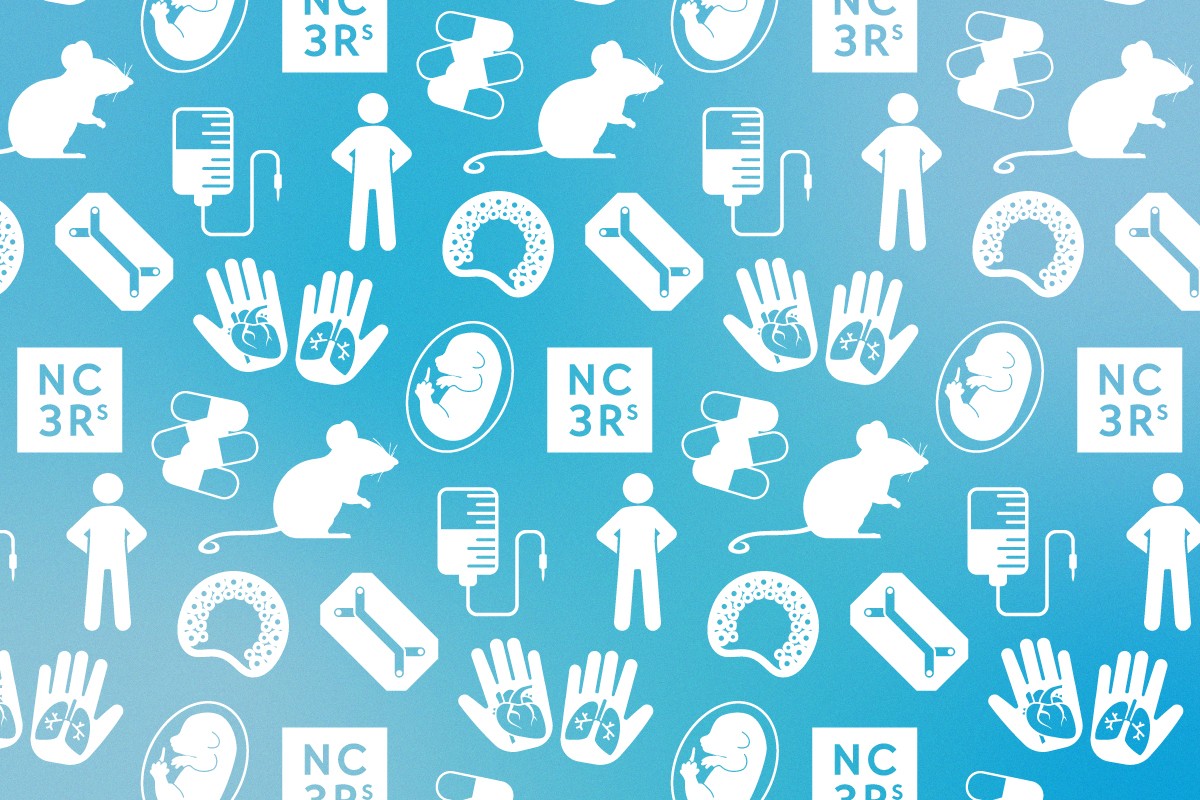Registration Details

As partners of Pint of Science we have been taking part in the annual science festival since 2014, sharing NC3Rs-funded research in pubs and public spaces across the country. In 2025 we are holding events in London, Exeter and Edinburgh, exploring the 3Rs in three different scientific themes, from technology to ecology and biomedical research.
Our 'Our body' event is hosted by the Edinburgh Pint of Science team.
Body-free biology
Discover how scientists are using cells to study the human body and replace the use of animals. From body-on-chip technology to lab-grown cell clusters, learn more about the human cell-based models used to study biology, understand development and disease, and test new medicines.
Plug and play human
Liam Carr, Postdoctoral scientist in biomedical technology
Imagine having information about how all your major organs are working in the palm of your hand. This is a body-on-chip, a plastic device containing human heart, brain, lung, kidney and liver cells. Find out how scientists are using the device to study how disease develops and mimic how a medicine moves through the body, and the potential of this technology to replace the use of animals in research and testing.
Learn more about Liam's NC3Rs-funded PhD project developing body-on-a-chip technology to test multiple organ toxicity of new medicines.
Human development in a dish
Lawrence Bates, Postdoctoral research associate
How do scientists study how an embryo develops into a whole organism? Most research to understand how organs and limbs develop uses mouse embryos. Enter gastruloids – made from stem cells that self-organise into a 3D ball, complex cultures which can then be modified, studied and analysed to understand events in early development, without the use of animals.
Find out about Lawrence's project to develop gastruloid technology using human stem cells to replace mice in early human developmental studies, funded by the NC3Rs and BBSRC.
Read more about our other Pint of Science events:
